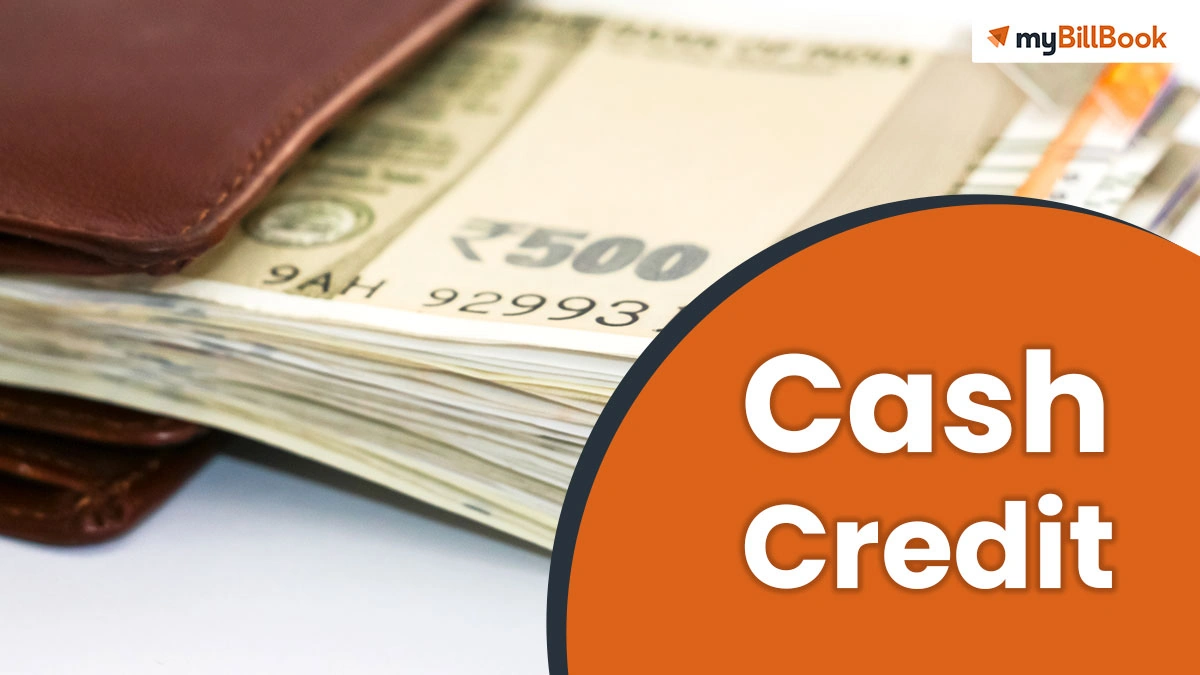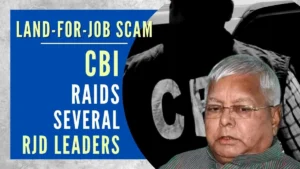Credit Cards on TV Shows
Ever notice how credit cards seem to magically appear on TV shows, wielded by characters living seemingly consequence-free lives? It’s not just you. From the swanky lifestyles of the characters on “Suits” to the more grounded realities depicted in “Modern Family”, plastic money is practically a supporting character. But what fascinates me is this: how does this portrayal of credit shape our understanding of personal finance? And, more importantly, what are the implications, especially for us in India?
The Illusion of Limitless Spending

Here’s the thing: TV often glamorizes credit, showcasing its convenience without dwelling on the potential pitfalls. Think about it. How often do you see a character meticulously budgeting or stressing about interest rates? Rarely. Instead, they’re using their cards for everything from impulse buys to lavish vacations. This creates an illusion of limitless spending power and instant gratification. Television , though a source of entertainment, often portrays a skewed reality. The “why” behind this portrayal is multifaceted. It could be product placement agreements, or simply the writers opting for dramatic appeal over financial accuracy. But the impact on viewers is undeniable. They begin to associate credit cards with success and a carefree lifestyle.
And, this association can be dangerous. It normalizes debt and encourages overspending. A common mistake I see people make is thinking that because a character on their favorite show uses a credit card without apparent worry, they can too. What they don’t see is the potential for debt accumulation and the long-term consequences on their financial well-being. It’s crucial to remember that TV is not real life.
Real-World Implications | A Look at India
In India, where financial literacy is still a work in progress, the influence of these TV portrayals can be particularly significant. According to a recent report by the Reserve Bank of India (RBI), the number of credit card users is steadily increasing, especially among young adults. This growth presents both opportunities and challenges. On one hand, credit cards can be a valuable tool for building a credit history and managing expenses. On the other hand, they can lead to debt traps if not used responsibly.
What fascinates me is the interplay between traditional Indian values of thrift and the allure of Western consumerism, amplified by television. We’re a society that historically valued saving and avoiding debt. But the constant exposure to images of a luxurious, credit -fueled lifestyle is starting to shift these attitudes. The one thing you absolutely must double-check is your understanding of the terms and conditions before signing up for a credit card. Don’t be swayed by the perks and rewards without considering the potential costs.
Decoding the Fine Print | Interest Rates and Fees
Let’s be honest, most of us don’t actually read the fine print. We see the rewards points, the cashback offers, and the fancy metal cards, and we’re sold. But that’s where the trouble begins. Credit card companies make their money through interest charges and fees. According to data from Paisabazaar, the average interest rate on credit cards in India ranges from 30% to 40% per annum. That’s significantly higher than the interest rates on other forms of borrowing, such as personal loans or home loans.
And the fees! Annual fees, late payment fees, over-limit fees, cash advance fees the list goes on. These fees can quickly add up and erode the benefits of using a credit card. What’s more, failing to make timely payments can negatively impact your credit score, making it harder to obtain loans or other financial products in the future. It is important to understand your APR .
Building a Healthy Relationship with Credit
So, how can we use credit cards responsibly? The key is to treat them as a tool, not as free money. I initially thought this was straightforward, but then I realized it’s about developing the right mindset. Here are a few tips:
- Pay your bills on time: This is the most important rule. Set up automatic payments or reminders to ensure you never miss a due date.
- Pay off your balance in full each month: This will help you avoid interest charges.
- Stay within your credit limit: Exceeding your limit can trigger over-limit fees and negatively impact your credit score.
- Track your spending: Use a budgeting app or spreadsheet to monitor your expenses and identify areas where you can cut back.
- Be wary of rewards programs: Don’t be tempted to overspend just to earn rewards points.
Let me rephrase that for clarity: Using credit cards responsibly is like maintaining a healthy diet. It requires discipline, awareness, and a long-term perspective. It’s not about depriving yourself, but about making informed choices that support your financial well-being. Let’s teach the coming generation the importance of credit scores.
Conclusion | Credit Cards – Entertainment vs. Reality
The next time you see a character on TV flashing their credit card, remember that it’s just a show. The reality of credit card usage involves careful planning, responsible spending, and a thorough understanding of the terms and conditions. Don’t let the glamorized portrayals of credit on TV cloud your judgment. Instead, focus on building a healthy relationship with credit based on informed decision-making and sound financial habits. After all, your financial well-being is not a script it’s a story you write yourself.
FAQ
What if I forgot my credit card PIN?
Contact your bank immediately to request a new PIN. Most banks will send you a new PIN via mail or allow you to reset it online.
What should I do if I suspect credit card fraud?
Report the suspicious activity to your bank as soon as possible. They will likely cancel your card and issue a new one.
How does using a credit card affect my credit score?
Responsible credit card usage, such as making timely payments and staying within your credit limit, can improve your credit score. Conversely, late payments and high balances can negatively impact your score.
Can I use my credit card for international transactions?
Yes, most credit cards can be used for international transactions, but you may be charged a foreign transaction fee. Check with your bank before traveling abroad.
What are some alternatives to using a credit card?
Alternatives include debit cards, cash, and UPI (Unified Payments Interface) apps like PhonePe and Google Pay.
How can I improve my credit card credit limit?
Maintain a good credit history, make timely payments, and demonstrate responsible financial behavior. You can also request a credit limit increase from your bank.













